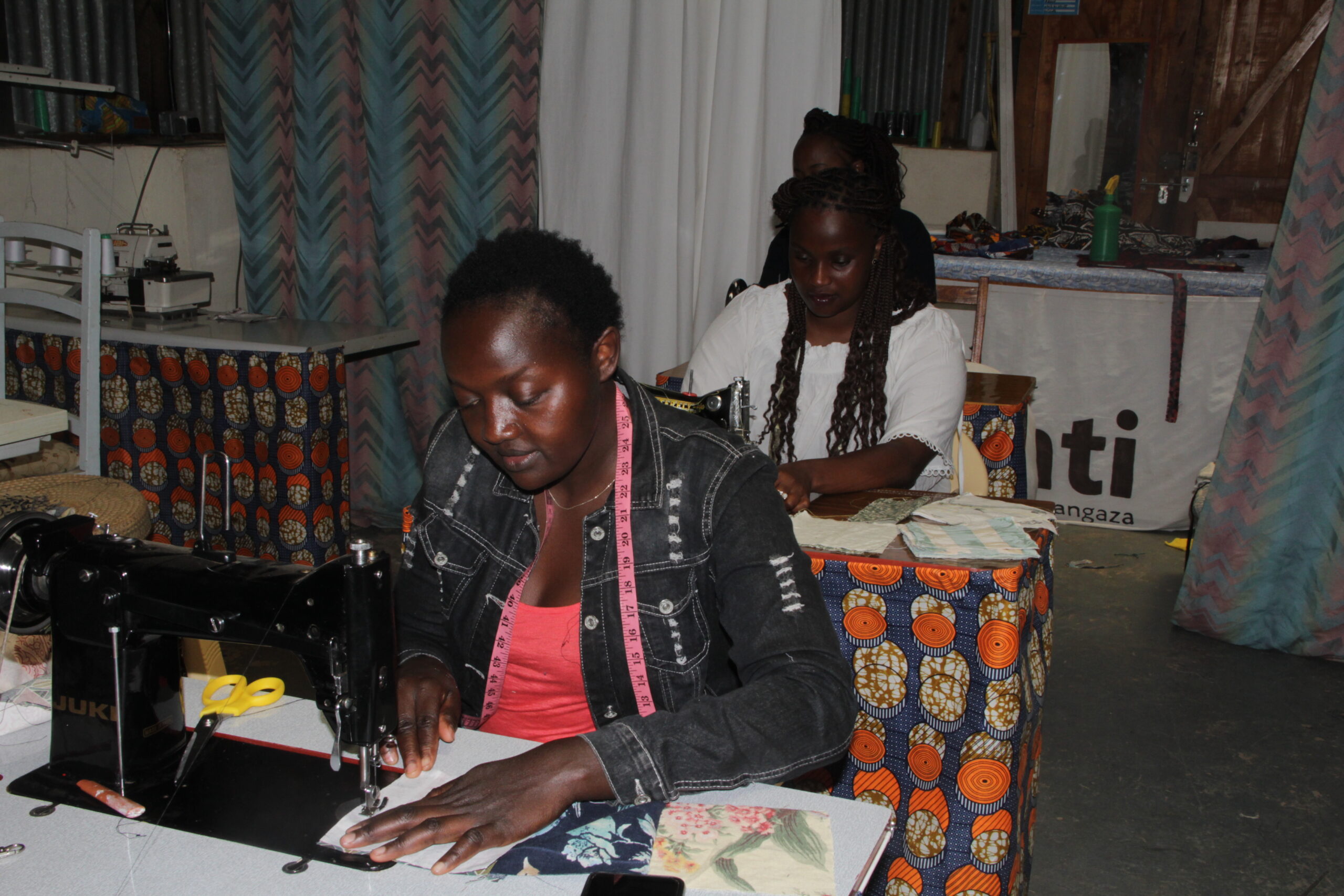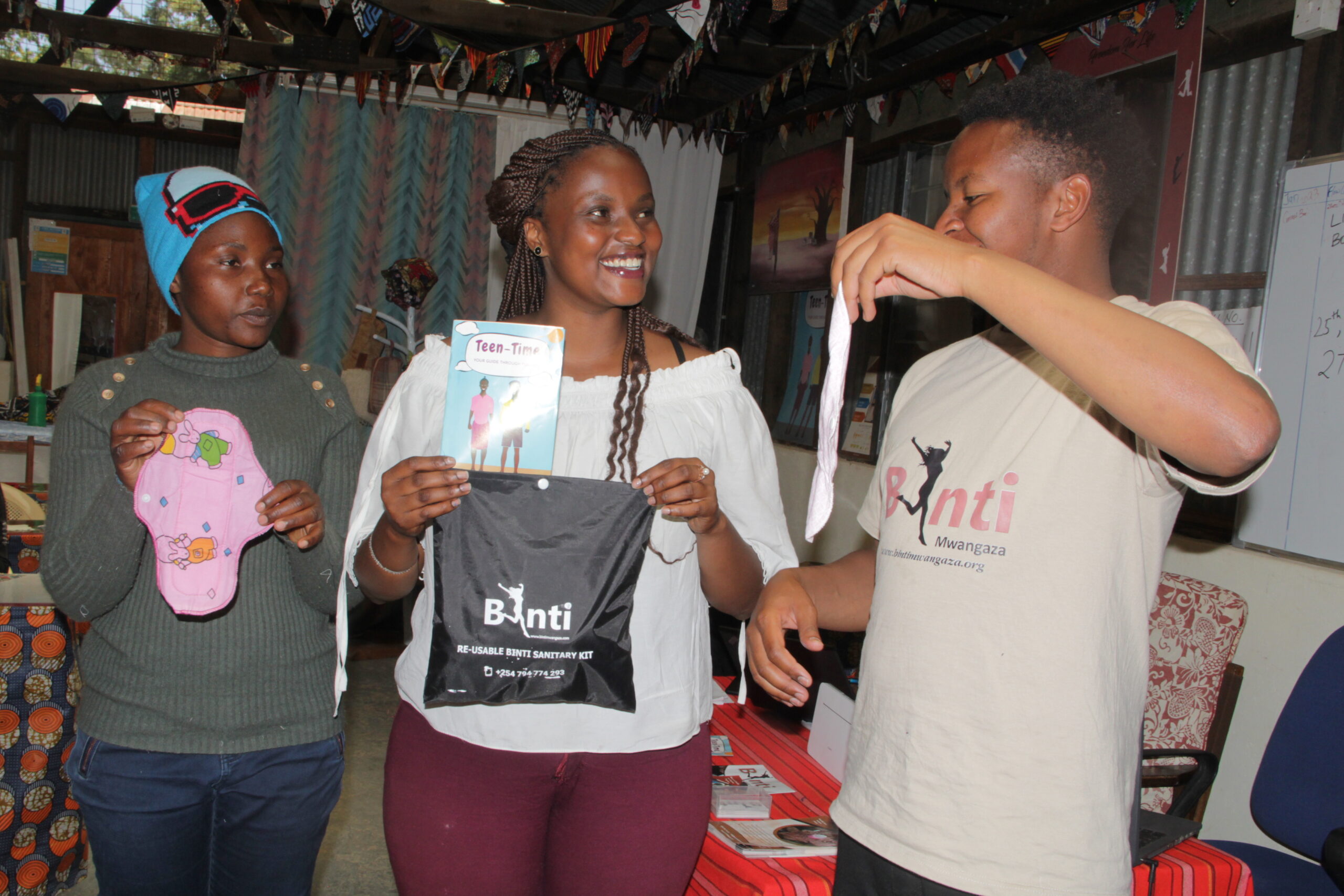As plastic pollution reaches alarming levels across the globe, Kenyans have been asked to use disposable sanitary pads to reduce environmental pollution, which will also keep girls in school.
An NGO known as Mwangaza Foundation is driving this agenda, with the director Ann Muriuki saying they have recognized the urgency of championing the revolution in feminine hygiene practices.
Their ingenious solution not only ensures that the environment receives a well-deserved respite, but it also empowers women by providing them with eco-friendly options.
She pointed out that the reusable pads were quite effective since they were cheap and long-lasting, making access to hygiene products affordable to school girls.
“As we address the issue of menstrual health, we should come up with a solution that is environment-friendly to avoid pollution as most of the non-reusable sanitary pads contribute largely to the menace,” she said.
According to Muriuki, she was inspired to start the project to ensure that vulnerable girls from the pastoralist community don’t miss school due to lack of sanitary towels.
“Binti Mwangaza started in 2012 and has since seen over 5,000 girls benefit with their products which are environmentally friendly,” she said.
Simon Wachira, a volunteer at Binti Mwangaza, said it was a big relief for vulnerable girls in Laikipia who could not afford the hygiene products as they could get some now that can last up to 3 years.

“The reusable pads are a game changer since they can be recycled, thus helping in curbing environmental pollution,” he said.
Faith Kendi, a resident of Laikipia, said sex predators who took advantage of poor girls will be dealt with summarily.
“Free menstrual hygiene products will ensure young girls are not taken advantage of by sex predators,” she said.
Disposable menstrual products like sanitary towels and tampons are plastic and take about 500 to 800 years to break down to landfills, hence a major threat to the environment.
Data from Women Environmental Network 2021 shows that an average woman uses more than 11,000 disposable menstrual products in their lifetime, generating tonnes of waste individually and collectively that is dumped into the environment.
By Macharia Kiarie
Get more stories from our website: Education News
To write to us or offer feedback, you can reach us at: editor@educationnews.co.ke
You can also follow our social media pages on Twitter: Education News KE and Facebook: Education News Newspaper for timely updates.
>>> Click here to stay up-to-date with trending regional stories






